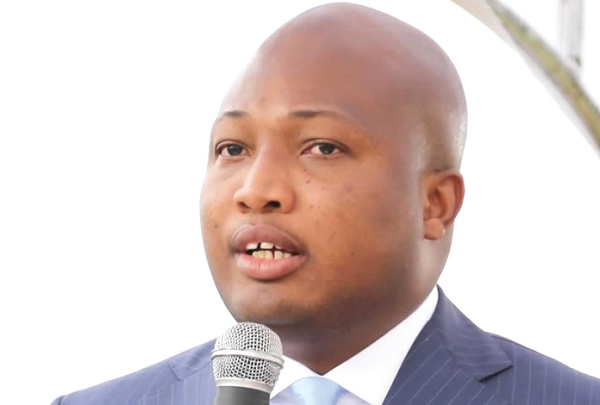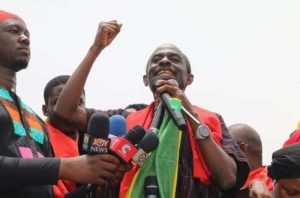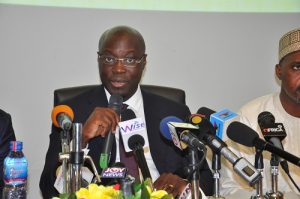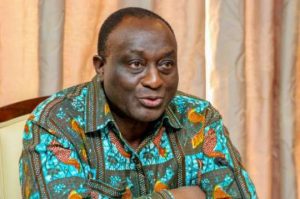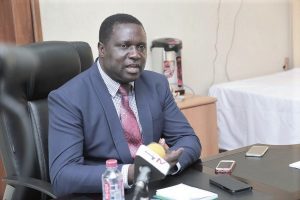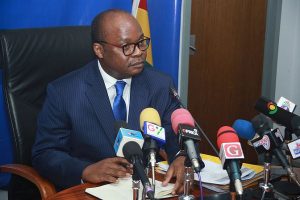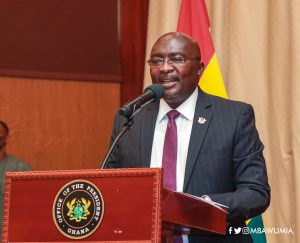The Member of Parliament for North Tongu, Samuel Okudzeto Ablakwa, believes the Assin Central MP, Kennedy Agyapong, and the Ayawaso Central MP, Henry Quartey, should be facing scrutiny for absenteeism following the backlash the Dome Kwabenya MP, Sarah Adwoa Safo, has received for her absence.
Speaking on Eyewitness News, Mr. Ablakwa said, “the focus on Sarah Adwoa Safo is most unfair and is outrightly discriminatory.”
Miss Safo is under fire over a purported request to be made the Deputy Majority Leader, before she returns to Parliament to support the Majority Caucus.
The Majority is currently trying to pass the controversial E-Levy bill, but there are concerns the Majority does not have enough numbers to outvote the Minority.
Mr. Ablakwa said his checks indicated that the Assin Central and Ayawaso Central legislators had been absent from Parliament for over 15 days, and were in breach of a section of Article 97 of the constitution.
“From Tuesday 26th October 2021 to Thursday 25th November 2021, these two members absented themselves for 18 working days consecutively in clear breach and flagrant violation of Article 97. 1 (C).”
“It is important that the law is applied fairly and equitably in a manner that does not respect any person,” Mr. Ablakwa said.
Article 97. 1 (C) says an MP will have to vacate their seat when “absent, without the permission in writing to the Speaker, and he is unable to offer a reasonable explanation to the Parliamentary Committee on Privileges from fifteen sittings of a meeting of Parliament during any period that Parliament has been summoned to meet and continues to meet.”
Mr. Ablakwa further argued that there are some institutional failings that needed to be addressed in the matter.
“How is it that it is possible for members to absent themselves beyond the 15-day rule and, as an institution, we would not detect it, and they appear to have almost gotten away with it?”

